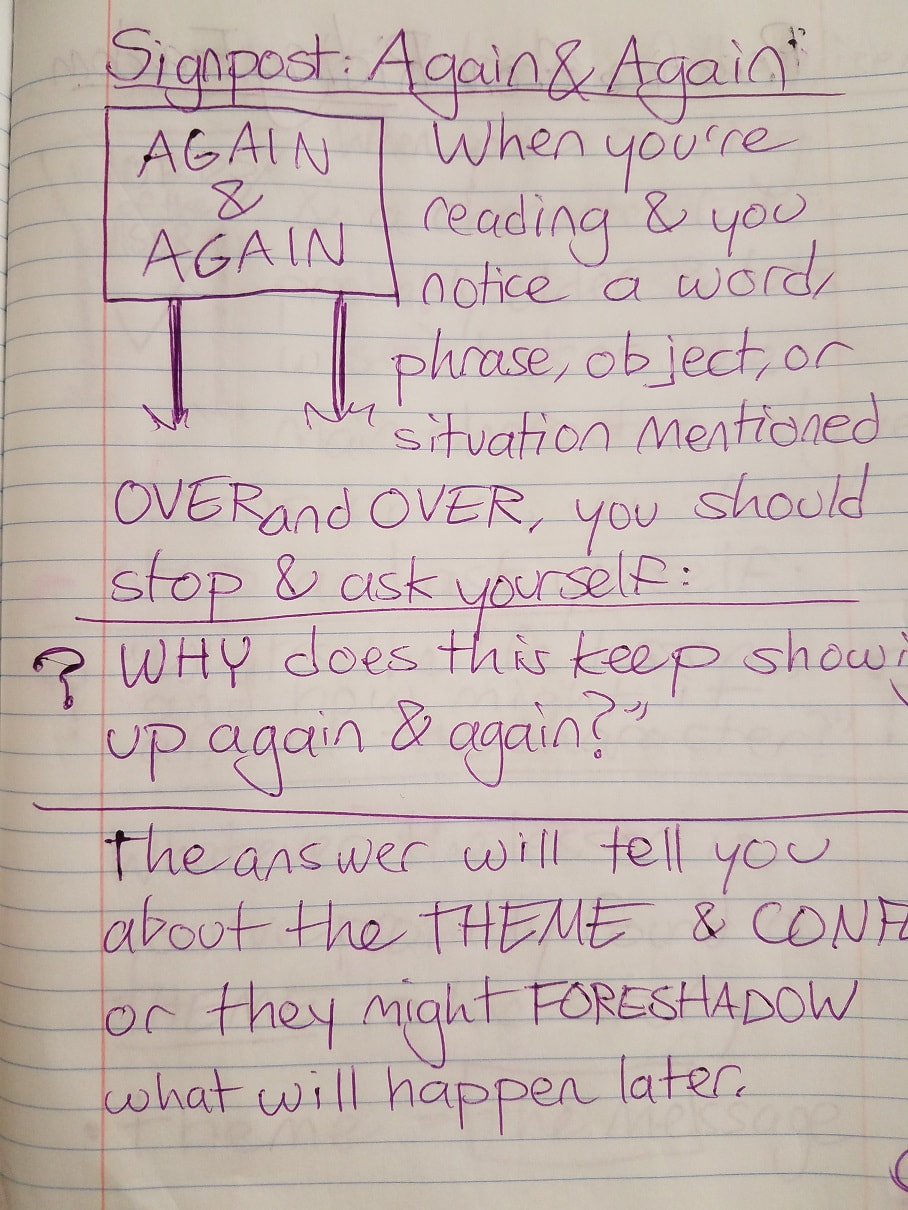
These machines were fast, silent and their nature made them difficult to control, moreover their riders travelled considerable distances and often preferred to tour on unfamiliar roads. The first modern road signs erected on a wide scale were designed for riders of high or "ordinary" bicycles in the late 1870s and early 1880s. One of these signs still exists at Salvador street, in the neighborhood of Alfama. This act foresaw the placement of priority signs in the narrowest streets of Lisbon, stating which traffic should back up to give way.

In 1686, the first known Traffic Regulation Act in Europe was established by King Peter II of Portugal.

In the Middle Ages, multidirectional signs at intersections became common, giving directions to cities and towns. According to Strabo, Mauryas erected signboards at distance of 10 stades to mark their roads. The earliest road signs were milestones, giving distance or direction for example, the Romans erected stone columns throughout their empire giving the distance to Rome. After that sign, one or two additional advance directional signs typically follow before the actual interchange itself.Īn old road sign of the King's Road between Perniö and Ekenäs in Finland. While each nation has its own system, the first approach sign for a motorway exit is mostly placed at least 1,000 metres (3,300 ft) from the actual interchange.
#Again and again signpost examples drivers#
They often do not appear on lesser roads, but are normally posted on expressways and motorways, as drivers would be missing exits without them. Advance directional signs enable drivers to take precautions for the exit (e.g., switch lanes, double check whether this is the correct exit, slow down). A number of countries do not give information for the road ahead (so-called "pull-through" signs), and only for the directions left and right.

Advance directional signs appear at a certain distance from the interchange, giving information for each direction.
#Again and again signpost examples manual#
In the United States, the categories, placement, and graphic standards for traffic signs and pavement markings are legally defined in the Federal Highway Administration's Manual on Uniform Traffic Control Devices as the standard.Ī rather informal distinction among the directional signs is the one between advance directional signs, interchange directional signs, and reassurance signs.


 0 kommentar(er)
0 kommentar(er)
